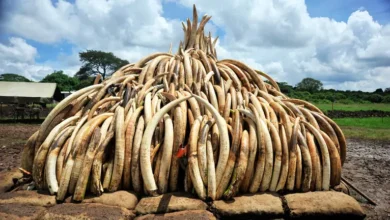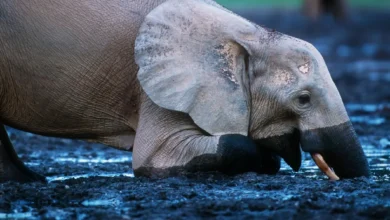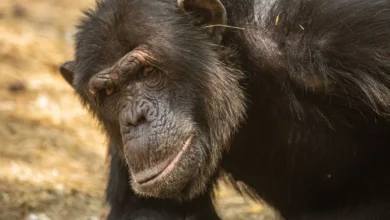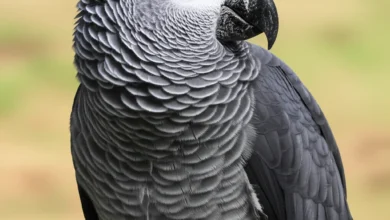For all we know, they do taste like chicken. Fortunately, however, the World Bank has nixed a plan to raise tigers on farms so that wealthy people in Asia can eat them

Today’s Top Ten Endangered Animal News
Among some of the economic elite in Asia, the tiger is the other dark meat. In addition, another part of the animal–which, like the rhinos we discussed yesterday, sits atop anyone’s international top 10 endangered species list–are used to concoct folk medicine, particularly the bones and the sexual organs. The market for products from endangered tigers has gotten so large that some Asian businessmen have proposed raising the animals on farms to meet the demand.
But the plan would require a waiver of international endangered species regulations, and fortunately, the World Bank has balked at the idea, saying that the future of the vanishing animal is too important to risk in such a chancy experiment.
TRAFFIC, the international watchdog over wildlife commercialization, quoted World Bank director Keshav Varma as saying, “Extinction is irreversible, so prudence and precaution suggest that the risks of legalized farming are too great a gamble for the world to take.” Varma spoke during the 58th meeting of the Convention on International Trade in Endangered Species (CITES) Standing Committee. Trading in tiger parts is against international law, and in 1993 was made illegal in China, where much of the market resides.

Mr. Varma’s call was a good one, especially considering that a trickle of legal trading in elephant ivory in recent years has apparently opened the gates for a flood of illegal elephant poaching in Kenya and other countries. Currently, between 5,000 and 7,000 tigers remain in the wild–less than 10 percent of their population a century ago. Eight subspecies of tiger are recognized–but two have already gone extinct. The largest subspecies is the Amur, or Siberian tiger, whose population hovers at around 500 individuals, all of them in Eastern Russia.




